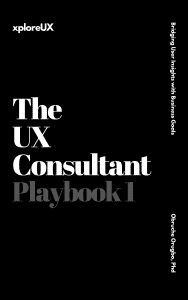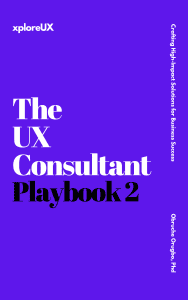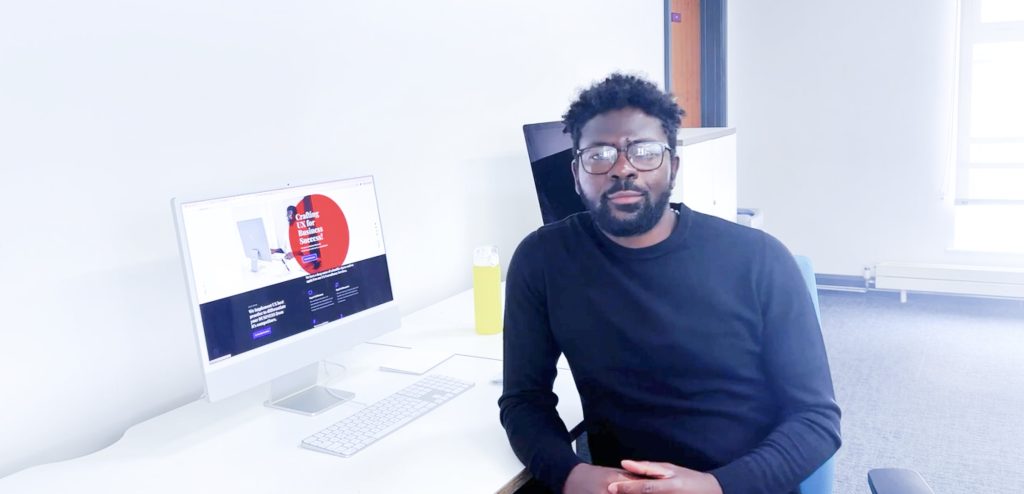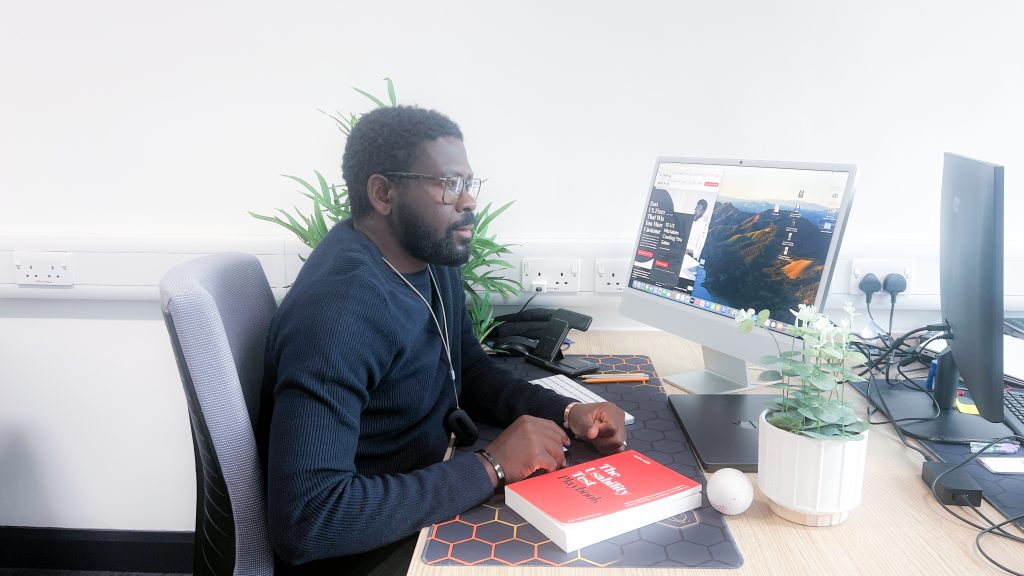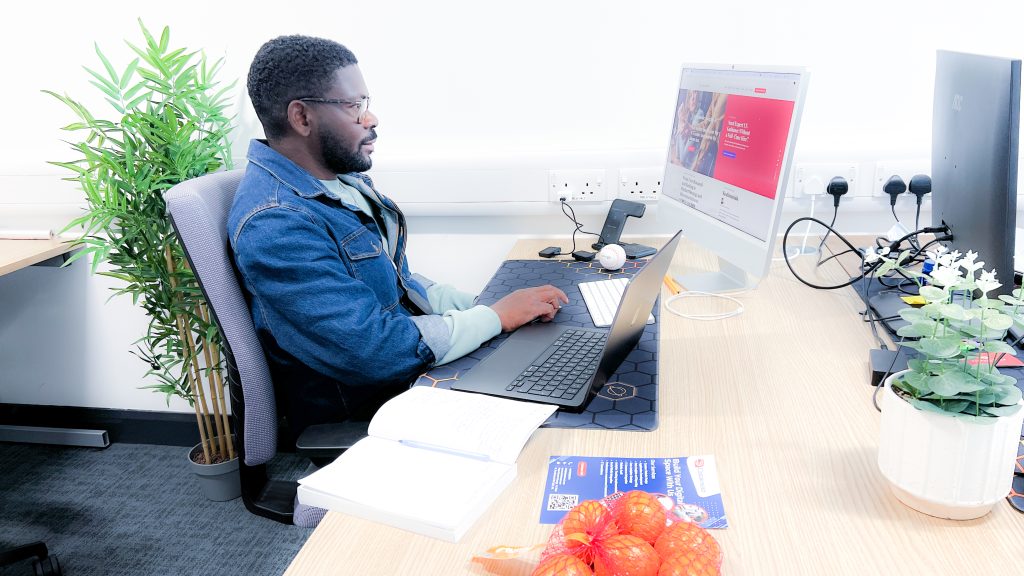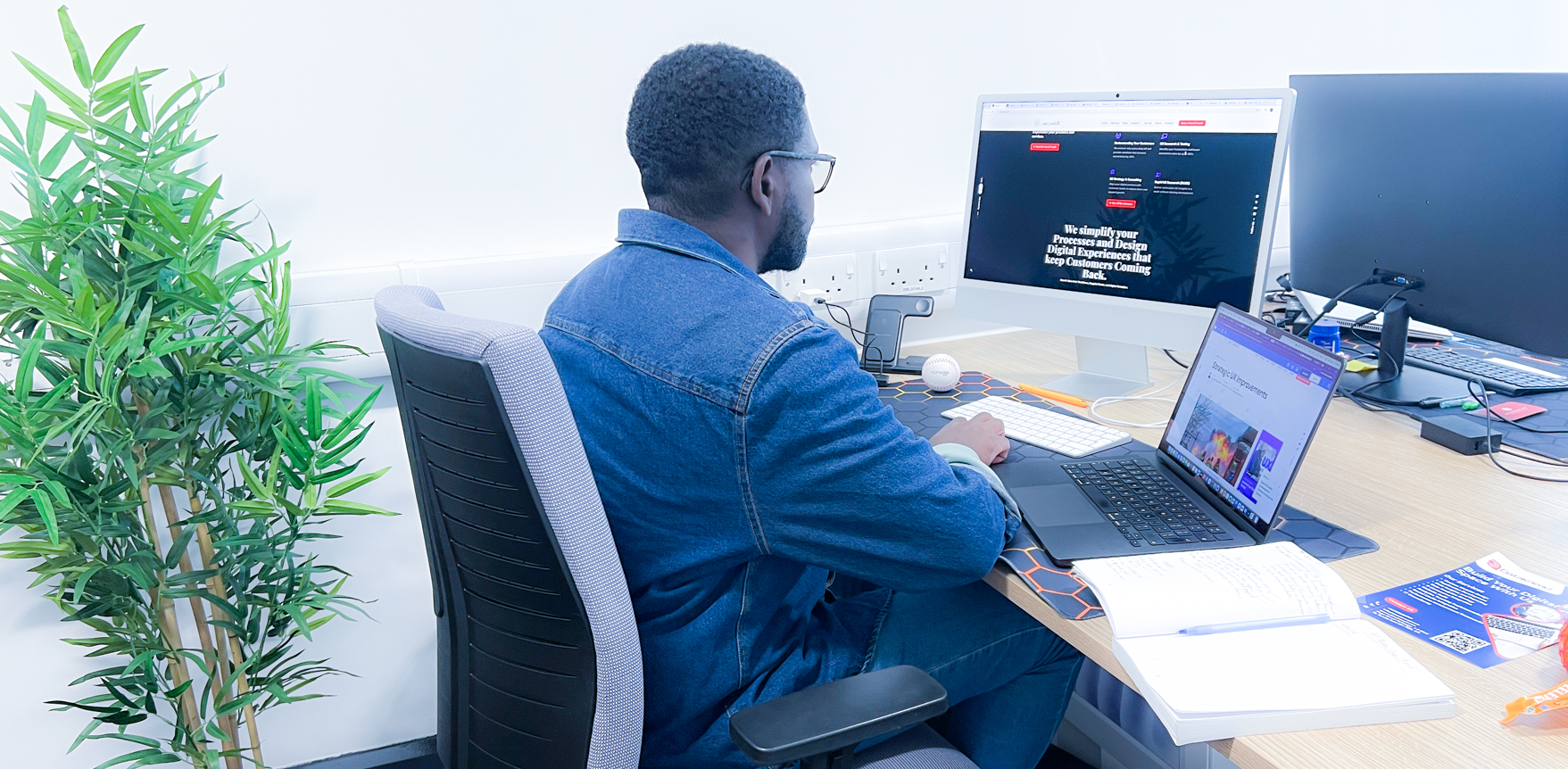
Overcoming business challenges is a priority for every organisation looking to grow and thrive. Many small and medium-sized enterprises (SMEs) seek solutions that address not only their immediate hurdles but also the overall user experience (UX) they provide. This is where holistic UX consulting can make a critical difference. By focusing on every element that influences how users interact with products and services, SMEs can discover new opportunities to enhance customer satisfaction and strengthen their competitive advantage.
Emphasising a holistic perspective allows SMEs to coordinate their goals, customer needs, and business processes seamlessly. Overcoming business challenges becomes far more manageable when companies adopt strategies that consider user psychology, design principles, technology choices, and internal structures. Instead of simply revising a single facet of a product, holistic UX consulting delves into each stage of the user journey to identify pain points and create improvements that resonate deeply.
The purpose of this article is to shed light on how holistic UX consulting helps SMEs in overcoming business challenges, particularly those that appear complex and elusive. By exploring the philosophy behind holistic UX practices, the benefits they offer, and the concrete steps required to integrate them into your operations, you will be better equipped to address the evolving needs of your customers and steer your business towards success.
Holistic UX consulting refers to a thorough method of analysing and improving every aspect that affects a customer’s interaction with a product or service. Consultants aim to see beyond the aesthetics of a website or application. Instead, they consider usability, functionality, brand alignment, emotional impact, and the overall value proposition an organisation delivers. This perspective is far-reaching, touching on factors ranging from interface design and information architecture to marketing strategies and customer support procedures.
When organisations take advantage of holistic UX consulting, they benefit from insights that help them re-evaluate how various business units collaborate. For SMEs, finding alignment between departments often represents a crucial step in overcoming business challenges. It allows teams to share a unified vision of what ‘great user experience’ should look like for customers, which in turn promotes efficiency, consistency, and brand trust.
Moreover, holistic UX consulting stresses the importance of human behaviour in driving interface design. This means that consultants dig into user psychology to determine what motivates or frustrates audiences. Understanding these factors is key to overcoming business challenges, as it reveals the triggers that lead customers to adopt a service, abandon a shopping cart, or recommend a business to peers. By addressing these behavioural elements, SMEs can establish more meaningful connections with their target market.
Small and medium-sized enterprises often operate on tighter budgets and have fewer resources compared to large corporations. For this reason, mistakes or inefficiencies in delivering a positive user experience can be costly. Holistic UX consulting offers SMEs a structured way to tackle these issues without pouring funds into isolated solutions that may not address the real problems. By taking a comprehensive approach, organisations can maximise the impact of their investments.
SMEs frequently grapple with rapid changes in user expectations. Services that were considered excellent just a few years ago may no longer cut it. Holistic UX consulting equips SMEs with the tools and perspectives they need to keep pace with evolving trends, while also overcoming business challenges that arise from shifting consumer demands. This approach allows smaller enterprises to remain agile and responsive, qualities that are vital for sustained growth.
Additionally, holistic UX consulting is a powerful source of differentiation. Many SMEs struggle to stand out, especially if they operate in highly competitive fields. By employing a user-centric methodology that permeates all aspects of the business, organisations can build a unique identity that encourages customer loyalty. Strong brand loyalty not only helps in overcoming business challenges, but it also drives long-term stability, shielding the enterprise from potential market fluctuations.
SMEs encounter a variety of obstacles that can stunt their growth, including limited budgets, technological hurdles, and cultural barriers within teams. A crucial advantage of holistic UX consulting is that it identifies the underlying causes of these challenges, rather than merely addressing their symptoms. By mapping out entire user journeys and aligning them with internal processes, consultants help shine a light on the genuine sources of friction.
One widespread issue is fragmented communication between departments. When marketing teams, design units, and product managers do not share insights consistently, user experiences often suffer. Holistic UX consulting encourages these teams to share data and feedback regularly, bringing synergy to the entire organisation. This integrated communication approach is fundamental to overcoming business challenges, since it eliminates redundancy and focuses efforts on truly beneficial outcomes.
Another challenge arises from outdated or poorly integrated technologies. SMEs might rely on legacy systems that are difficult to modernise or connect with new platforms. Holistic UX consulting offers a broad view of how each technological element affects the user’s experience, enabling SMEs to make better decisions about which systems need to be upgraded or replaced. By adopting the right technologies and refining their implementation, businesses can drastically improve operational efficiency and work towards overcoming business challenges that hamper growth.
1. Comprehensive Research and Discovery
Effective holistic UX consulting begins with thorough user research. This includes surveys, interviews, usability tests, and focus groups aimed at understanding both the customers’ needs and any operational problems. By gathering data from multiple points of contact, consultants can create a rich profile of user motivations, preferences, and pain points. This approach supports overcoming business challenges that might be rooted in misaligned priorities or inaccurate assumptions about user behaviour.
2. Unified Vision and Stakeholder Alignment
Before implementing design changes or marketing campaigns, it is vital to ensure that all stakeholders are on the same page. Holistic UX consultants assist leadership teams in articulating a shared vision of what the user journey should accomplish. This shared vision fosters collaboration between different departments. When everyone understands their role in delivering a consistent and satisfying experience, overcoming business challenges becomes more achievable.
3. Iterative Design and Testing
A key element of holistic UX consulting is iterative design. Instead of rolling out massive changes all at once, consultants encourage small, manageable updates that are tested and refined over time. These iterative cycles help SMEs remain flexible, allowing them to adjust quickly if user feedback suggests a different direction. This method minimises waste and heightens the likelihood of delivering tangible improvements.
4. Cross-Functional Collaboration
Holistic UX consulting emphasises collaboration across teams. For instance, designers might work closely with customer service representatives to identify frequently reported issues. Similarly, marketing teams could partner with product developers to incorporate user preferences into future releases. By promoting open dialogue among different departments, businesses can address multiple problems collectively.
5. Continuous User Feedback Loops
Obtaining real-time feedback from users is fundamental. Utilising analytics tools, customer satisfaction surveys, and usability metrics ensures that improvements are always relevant. This feedback loop enables swift action, reducing the risk of persistent issues driving customers away. Over time, these incremental enhancements accumulate to create a robust user experience that sets an SME apart from competitors.
Holistic UX consulting leverages a range of tools and techniques to gain insights and guide decision-making. Some of the most widely used include:
1. User Journey Mapping
This method involves creating a visual sequence of the steps users take when interacting with a product or service. By identifying positive and negative touchpoints in this sequence, SMEs can focus on overcoming business challenges that have a direct impact on user satisfaction.
2. Heuristic Evaluations
Consultants review products against established design principles to pinpoint usability problems. These evaluations help identify inconsistencies or barriers that hinder user success. Fixing these issues can reduce drop-off rates and boost customer loyalty.
3. Personas and Empathy Mapping
Creating detailed personas allows teams to understand the demographics, attitudes, and goals of different user segments. Empathy mapping goes a step further by considering the emotional drivers that influence behaviour. Together, these tools provide a solid foundation for designing services that truly resonate with target audiences.
4. Wireframing and Prototyping
By building low-fidelity and high-fidelity prototypes, SMEs can rapidly test design concepts. These prototypes help stakeholders visualise the end product and refine it using actual user feedback. This mitigates risks and ensures that final designs align with user expectations.
5. Analytics and Performance Monitoring
Tracking key performance indicators (KPIs) such as bounce rates, session times, and conversion rates helps SMEs measure the success of their UX improvements. Reliable analytics tools offer real-time data that can be used to make informed decisions on further refinements.
For SMEs, wisely selecting and applying these tools can simplify overcoming business challenges across various operational areas. From initial concept validation to post-launch reviews, these methodologies form the backbone of a flexible and data-driven approach to user experience.
Success in holistic UX consulting can be measured using both qualitative and quantitative data. On the qualitative side, user satisfaction surveys and focus group feedback provide valuable insights into how real customers perceive your product or service. Positive comments and a steady increase in repeat visits or referrals often indicate that your improvements are paying off.
On the quantitative side, businesses can track an array of metrics, including conversion rates, shopping cart abandonment rates, average session durations, and task completion times. Improvements in these metrics hint at better usability and stronger customer engagement. For SMEs, overcoming business challenges often hinges on small but consistent gains in these areas, eventually leading to larger, more transformative shifts.
Another angle to consider is internal efficiency. A successful holistic UX approach can foster more effective communication among departments. Reduced project turnaround times, fewer redesign cycles, and a decrease in customer complaints can all signal progress. When teams collaborate efficiently, and when each new feature or upgrade addresses real user needs, a business starts to see tangible returns on its UX investments.
Overcoming business challenges is no simple feat, particularly for SMEs contending with limited resources and ever-shifting customer expectations. Holistic UX consulting offers a powerful route to achieving sustainable progress by addressing the various touchpoints that define how customers perceive and interact with your products and services.
By employing strategies such as comprehensive research, collaborative alignment among stakeholders, iterative improvements, and continuous user feedback loops, SMEs can make headway in overcoming business challenges that might have stalled their growth. Adopting a holistic perspective fosters a deeper connection with users, enabling businesses to anticipate evolving needs and respond proactively.
Above all, holistic UX consulting empowers SMEs to break free from disjointed processes and zero in on areas that truly matter. Every department, from design to marketing to customer support, plays a vital part in shaping user experience. When efforts are combined and insights are shared, overcoming business challenges becomes a collective achievement rather than an isolated task for a single team.
Organisations that embrace holistic UX consulting as a cornerstone of their operational strategy often witness improvements not just in customer satisfaction but also in internal efficiency, brand reputation, and revenue growth. These factors reinforce each other, creating a cycle of steady improvement. In this way, the systematic and user-centric mindset championed by holistic UX consulting stands as a reliable means of overcoming business challenges in SMEs.
With a well-defined plan, the right tools, and a willingness to adapt based on genuine user insights, any SME can excel. Overcoming business challenges is within reach when you see the bigger picture and act with purpose, ensuring every decision is guided by a commitment to delivering exceptional user experiences.


